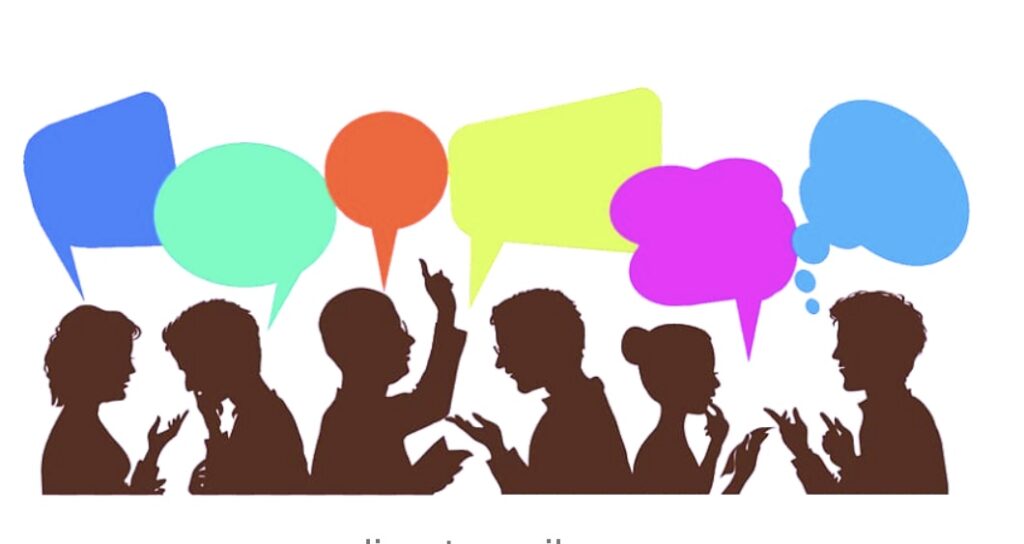By Malik Windsor | I often hear people recite the phrases “I don’t care what you think” or “your opinion doesn’t matter;” as defense mechanisms we express when our peers’ opinions and beliefs are different from our own. In grade school, adults taught us to ignore what other people say or that their thoughts were unimportant. This rhetoric echoes the old phrase “Sticks and stones may break my bones, but words will never hurt me.” The expression implies that you can harm an individual by physical force but not by insults.
When considering self-confidence, living with these mentalities is extremely valuable. The opinions that others have about us affect us in several ways. It can change the way others view us, and sometimes the way we see ourselves. These views impact our mental state, health, social interactions, and self-esteem. We use self-confidence as a support system to fight these challenges. Perpetually engaged in a battle of confidence versus insecurity, rarely do we beg the question “Does it matter?” Does it truly matter what others think of us and our opinions? My unpopular opinion is that they are the only opinions that matter when examining validity and recognition. Many will find my opinion overly self-conscious. Refusing to acknowledge hurtful words and criticism of any kind when expressing your views is an excellent defense against petty insults and childish mockery.
The desire to be recognized burns in all of us. From the moment we’re born, we seek validation from others. When a child draws a picture for their parents, they expect some form of positive reinforcement to know they have done well. If a parent doesn’t provide sufficient recognition, a child may feel that their drawing is ugly or not good, or unacceptable. Craving recognition is an inherent part of existence. Cognizance offers us a moment to stand in the sun and have others glorify us. It gives life to our opinions that they could never have while existing in our minds. When we meet others, we desire recognition to enhance our self-confidence. Every time a person offers an opinion, they’re offering a piece of themselves, often expressing a creative idea that they’ve constructed, a viewpoint based on personal experience, or verbalizing deep emotions. Validation from others allows us a false sense of security we can use to be prideful. When people agree with us or believe in our words, we feel a sense of empowerment. It provides us with the strength to express our thoughts, knowing there’s a chance people will accept our message.
In a world where everyone has an opinion, possessing inner happiness is the best way to achieve self-confidence. Understanding that everyone is different and has flaws can help us cope with our own insecurities by reminding us that we are not alone. The opinions that others have about us do not matter because they reinforce or diminish our own thoughts. Their opinions matter because they are a reminder that we are not alone in the world. They are a reminder that the human experience is shared, and we shouldn’t be concerned with things we can’t control. The act of seeking validation is intertwined with valuing others’ opinions to bolster the way we feel about ourselves.

